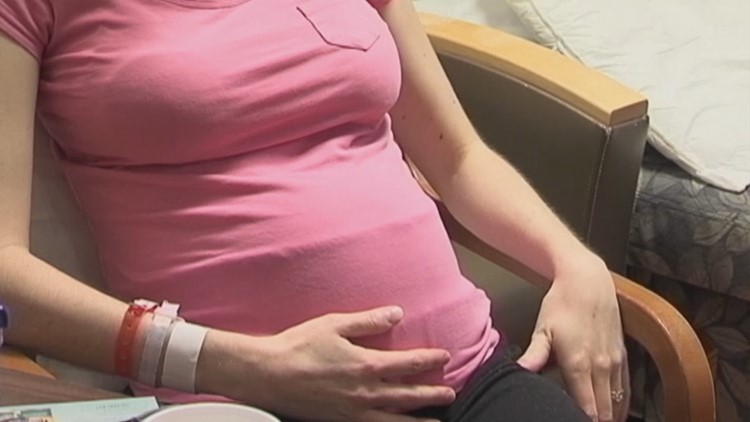SEATTLE – Research from the University of Washington's Fetal Alcohol Syndrome program helped lead to a new recommendation that no amount of alcohol should be considered safe during pregnancy. That recommendation came last week from the American Academy of Pediatrics.
"It just sounds ultra-conservative. But when it comes to alcohol I cannot stress enough if you have the ability to not drink at all during pregnancy, don't drink at all. It's just not worth the risk," said Dr. Susan Astley, a UW Professor of Epidemiology and Pediatrics.
UW doctors have been at the forefront of studying and diagnosing Fetal Alcohol Syndrome. A chief resident first discovered the syndrome back in 1968 and the term Fetal Alcohol Syndrome was coined at UW Medical Center in 1973.
For decades, doctors and researchers like Astley have been studying the long term effects when moms drink while pregnant. Astley says when fetuses are exposed to alcohol it can alter their normal development. Symptoms of Fetal Alcohol Syndrome range from growth deficiencies or minor facial anomalies to structural or functional brain damage. Some children and teens have attention deficit or memory problems.
"The most important thing for adoptive parents, all parents, is early accurate diagnosis and early intervention. Early intervention has a huge positive outcome on kids exposed to alcohol. The sooner it starts the better," said Astley.
Researchers know there's a lot of confusion out there about this issue, even among doctors, so their message is clear: don't drink at all while pregnant.
"The only safe amount of alcohol during pregnancy is none at all, because no two fetuses are equally vulnerable to toxic effects of alcohol. Since we currently don't know which fetuses are more or less vulnerable there for the only safe amount is don't drink at all," said Astley.



